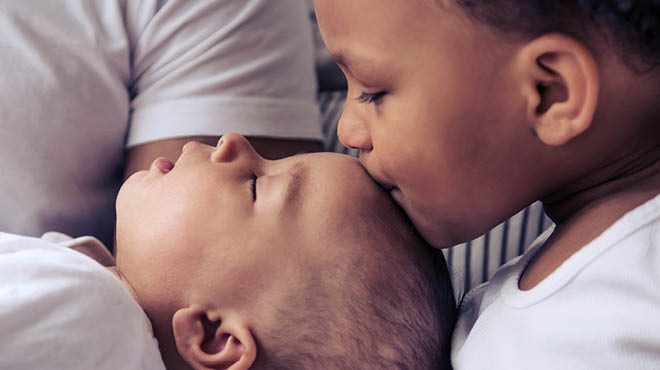Posted By

Ganesh Namachivayam, M.D., M.P.H.
Pediatric & Adolescent Medicine (Children), Primary Care
HPV immunization: Who can benefit?

Each year, around 14 million people in the U.S. are infected with human papillomavirus, or HPV. Over 42 million U.S. adults have the virus, and most will never know it. But for some, the infection can prove deadly.
That's because two strains of the virus cause the vast majority of cervical cancer, which is difficult to treat, especially if it has spread beyond the cervix.
Most HPV infections don't lead to cancer, but some can. In addition to cervical cancer, HPV infections have been linked to genital warts and vaginal, penile, anal, oral and throat cancers.
These are devastating cancers which usually don't cause symptoms until the cancers are advanced and harder to treat. Fortunately, there's a vaccine to prevent HPV patients, and I strongly recommend this vaccine to all my patients.
Who and when to vaccinate
The Centers for Disease Control and Prevention (CDC) estimates that 92% of cancers caused by HPV could be prevented by vaccination. The best time to receive the HPV vaccine is before exposure to the virus, which is the most common sexually transmitted infection in the U.S. The immunization is recommended for ages 9 to 26.
The CDC recommends that all 11- and 12-year-olds receive two doses of HPV vaccine at least six months apart. Teens and young adults up to age 26 also can be vaccinated. Some adults ages 27 to 45 also may decide to get the HPV vaccine based on a discussion with their healthcare providers.
Side effects and safety
The CDC and Food and Drug Administration monitor vaccines in the U.S. and have a wealth of data on the safety and effectiveness of the HPV vaccine. Potential side effects are mild and similar to those that might be experienced with other vaccines, such as soreness, swelling or redness at the vaccination site.
Less common side effects include headache, nausea, vomiting, fatigue or weakness. And although it's rare, the HPV vaccine causes some people to feel dizzy or faint. Sitting for 15 minutes after the injection can lower the risk of fainting.
The bottom line is that this is a safe, effective vaccine that can prevent several types of cancer in males and females. It's an easy way for parents to protect their kids far into the future, and it will benefit them for the rest of their lives.
Not just for kids
The HPV vaccine is just one of a list of vaccines that people should get in childhood and as an adult. Vaccines for adults are recommended based on age, prior vaccinations, health, lifestyle, occupation and travel destinations.
The recommended vaccination schedule is updated every year, and changes range from the addition of a new vaccine to tweaks in current recommendations. To determine exactly which vaccines you need now and which vaccines are coming up, check the Centers for Disease Control and Prevention website.
Ganesh Namachivayam, M.D., is a pediatrician in Barron and Rice Lake, Wisconsin.


